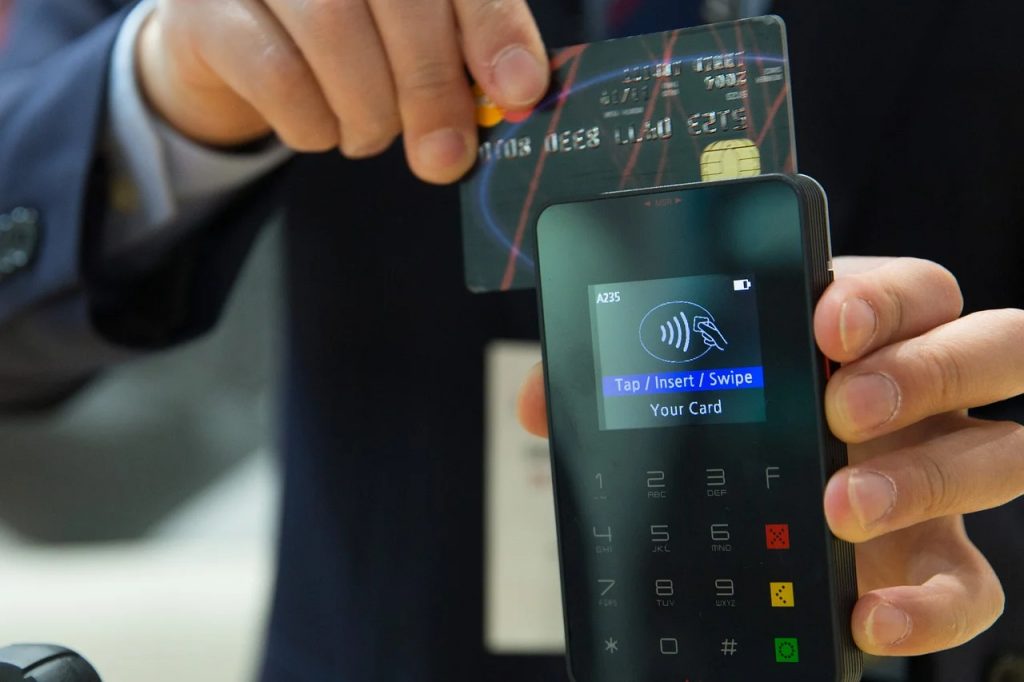The Popular Service That May Leave You With Loads Of Debt
New data shows that popular Buy Now Pay Later services could be leaving consumers with mounds of accumulated debt.

There are all kinds of tactics to limit paying the total price of an expensive item. In the US, housing and student loans are purportedly available to help those pay for needed services without breaking the bank initially. But, these tactics have a way of accumulating ridiculous debt over time. Similar Buy Now Pay Later services implemented by online vendors have led to parallel consumer problems.
One of the most significant issues with Buy Now Pay Later in this current climate is the rising cost of general goods. Due to inflation, US store items are exponentially more expensive than they were a year ago, motivating consumers to utilize spread-out payment systems. With necessities already being unfathomably pricey, economists believe these payment plans could lead to outstanding debt across Americans. Without much government oversight, Buy Now Pay Later plans could cost citizens much more than they realize.
Other types of loans have some government record that shows the accumulative debt. The Federal Reserve is responsible for tracking US citizens’ housing and credit card payments, allowing for transparency between consumers and the bank. But, Buy Now Pay Later services to have virtually no regulatory presence since most online transactions aren’t affiliated with banking sources. These plans aren’t reported to credit bureaus, leaving many customers with opaque understandings of their new debt. Economists are afraid that the resurgence of spread-out payment plans will persuade those who don’t have the funds to make lofty purchases, pushing them into unforeseen financial trouble.
What is most troubling is that there’s no public database with Buy Now Pay Later debt levels. Since the Federal Reserve tracks other large consumer debt, payment plan services are not documented thoroughly, leaving many vulnerable to buying extensive, unregulated loans. Transaction volume, delinquency rates, and interest charges are not available for Buy Now Pay Later services, which could help consumers make more educated decisions about utilizing payment plans. Matt Schulz, the chief analyst for LendingTree, supported this sentiment, stating that there’s a “big hole in our understanding” of consumer debt from payment services. This creates new problems for credit bureaus and lenders aiming to understand someone’s financial history.
For those unfamiliar, Buy Now Pay Later is a service added to e-commerce sites like PayPal and Zip to spread out an extensive payment over time. Typically, fees are broken up between four or more charges so that a consumer can afford the ordered item. There’s usually no credit card check or interest provided on the plan, making the offer an attractive one for financially crunched consumers. Sites have to pay between 1.5% to 7% for these services to be provided, which isn’t a significant sum for profitable businesses. Providing Buy Now Pay Later services can have a substantial payoff for merchants, with an average of 30% or 50% larger ticket sales from customers utilizing payment plans.
Buy Now Pay Later services can aid customers in affording necessary products. The trouble comes when someone is paying off multiple items through elongated payment plans, unaware of the accumulating debt. Some economists are wary of the recent popularity of payment plan services due to the possibility of significant loans from unregulated transactions.











